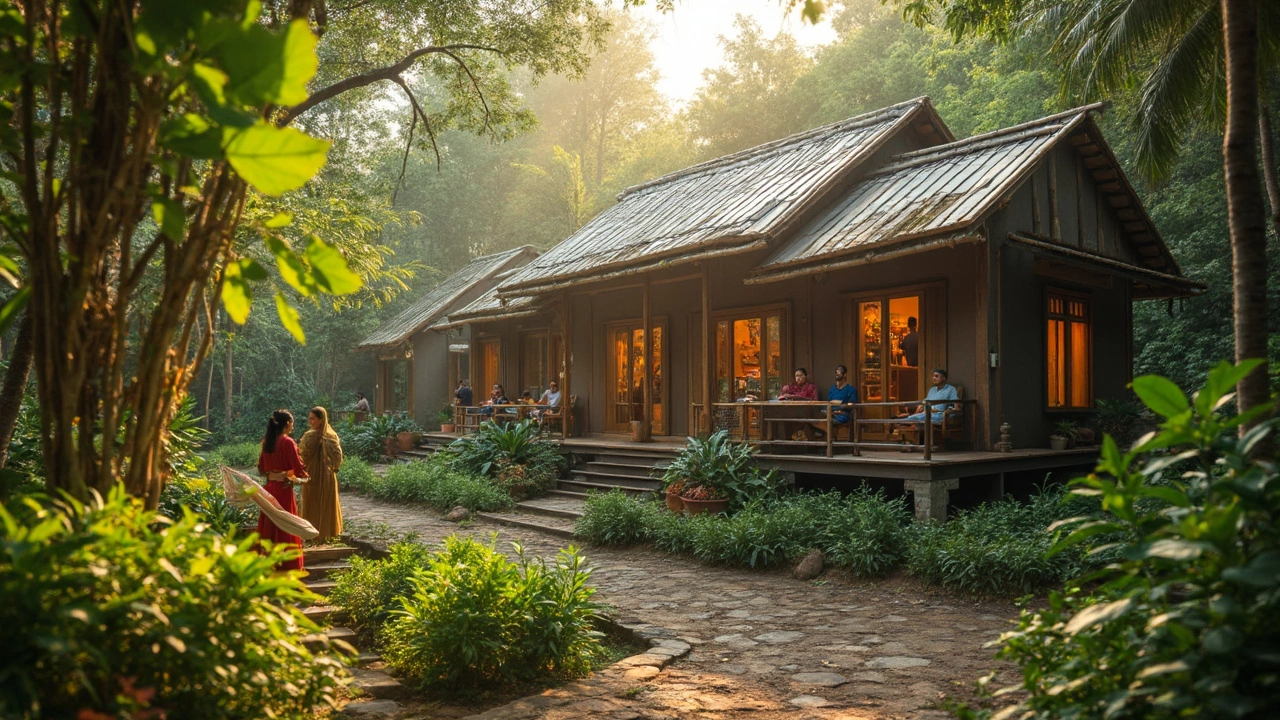Renewable Energy in India: Clean Power for Jungle Camps and Wild Retreats
When you think of renewable energy, energy derived from natural sources that don’t run out, like sunlight, wind, or water. Also known as clean energy, it’s no longer just a buzzword—it’s the quiet backbone of India’s most authentic wilderness experiences. At Wild Retreats, we don’t just take you into the jungle—we power your stay with the sun, the wind, and the rivers that already live there.
Most jungle camps in India used to rely on diesel generators—noisy, smelly, and bad for the environment. Today, that’s changing fast. Places like the forests of Madhya Pradesh and the hills of Uttarakhand now run on solar power India, using rooftop panels and battery banks to keep lights on, water hot, and phones charged without a single drop of fuel. Some camps even use small hydro systems, tapping into mountain streams to generate electricity. These aren’t gimmicks. They’re practical, low-cost solutions that work where the grid doesn’t reach—and they let you sleep under the stars without guilt.
This shift isn’t just about saving trees. It’s about respecting the land you’re visiting. When your camp runs on eco-friendly camping, outdoor stays designed to leave zero harm on nature., you’re not just a guest—you’re part of the ecosystem. You’ll notice the difference: no generator noise at dawn, no diesel fumes mixing with forest air, no plastic-wrapped power banks. Just quiet, clean, and real. And it’s spreading. From the deserts of Rajasthan to the rainforests of the Western Ghats, more operators are ditching fossil fuels because travelers like you demand it.
What you’ll find in the posts below isn’t a list of tech specs. It’s a collection of real stories—how a camp in Maharashtra runs entirely on solar, how a trekking group in Himachal switched to biogas stoves, how one lodge in Odisha uses wind turbines to power its night safaris. These aren’t luxury add-ons. They’re smart, simple, and scalable. And they’re making wilderness travel in India not just unforgettable—but responsible.
